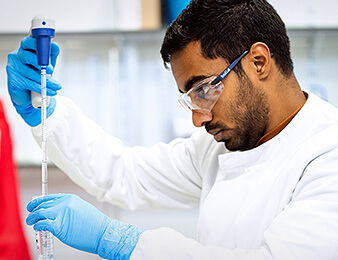Epilepsy Research in the Mersey Region
There is a great deal of research on epilepsy taking place within Merseyside, much of it undertaken by the Epilepsy Research Group at the University of Liverpool led by Professor Tony Marson.
Research addresses some of the most significant issues in epilepsy therapeutics, including investigation of the molecular mechanisms of epilepsy and its response to drug treatment, genomics and pharmacogenomics of epilepsy, measuring and prognostic modelling of treatment outcomes in clinical epilepsy trials, contemporary neuroimaging, and study of the long-term psychological and psychosocial consequences of epilepsy and its treatment.
The research ranges from looking at genetic markers for epilepsy through to examining how healthcare systems are designed.
The following are some examples of the work, more information on the work of the group can be found here.
SANAD 2 (Standard And New antiepileptic Drugs) is a clinical trial designed to identify the most effective and cost-effective treatment for patients with newly-diagnosed epilepsy. Also examining the quality of life in patients with newly diagnosed epilepsy, SANAD 2 has recruited over 1,500 patients and is the largest randomised clinical trial for epilepsy in the UK.




